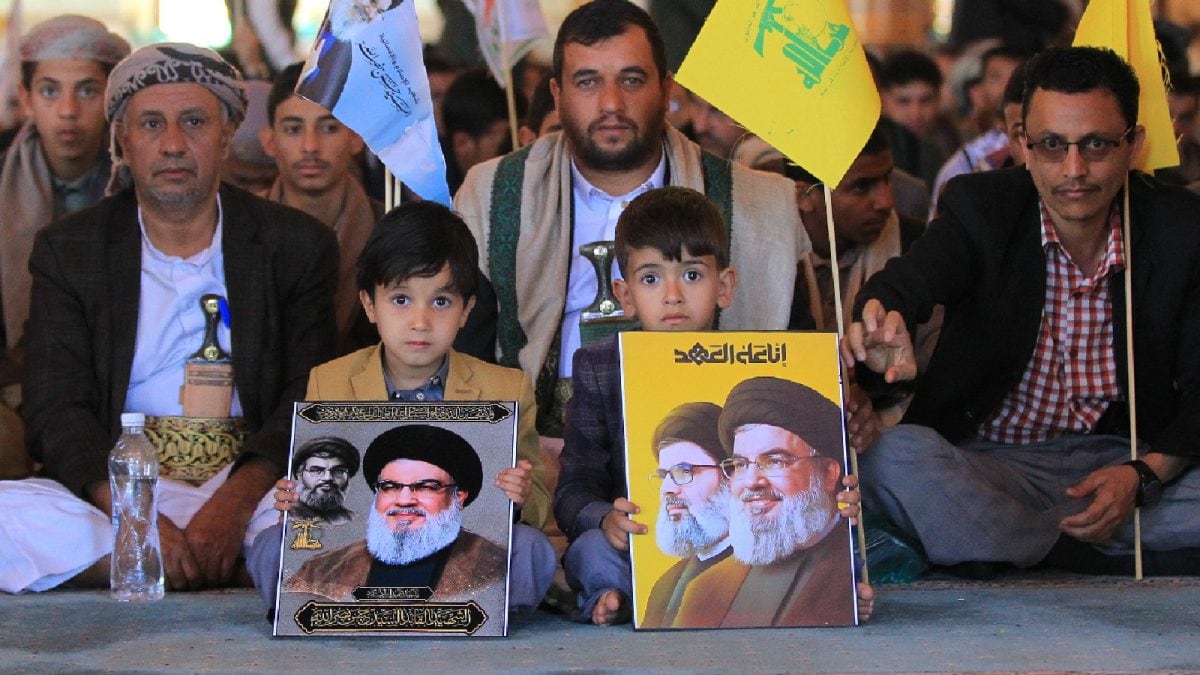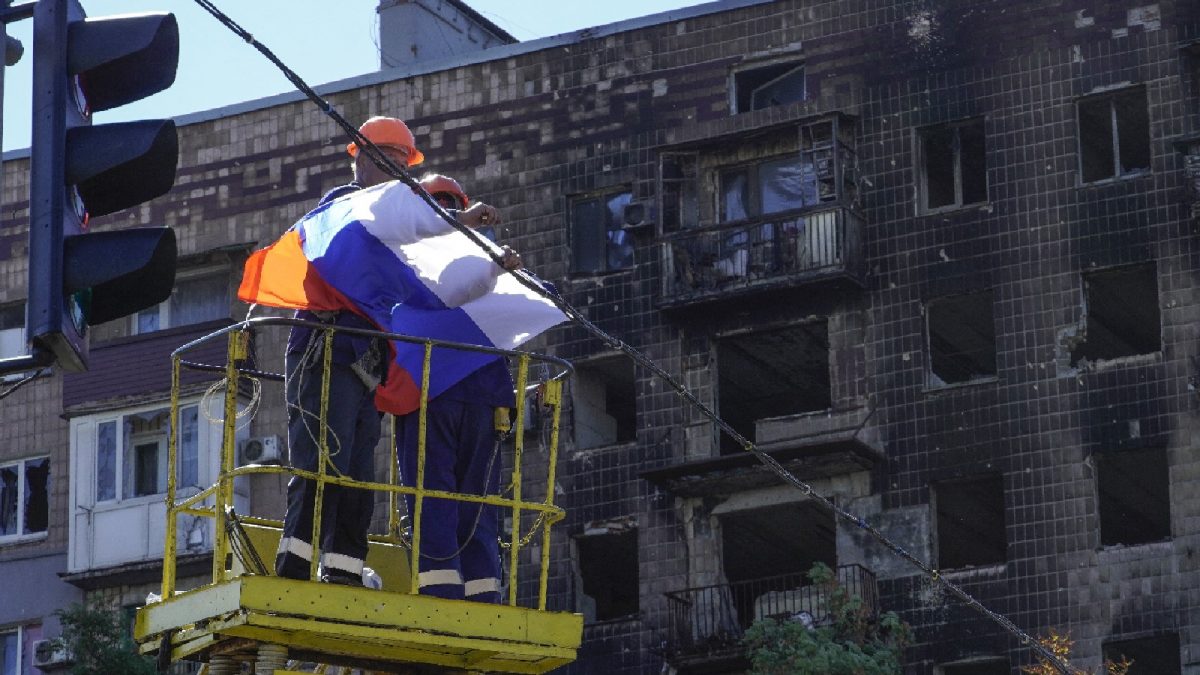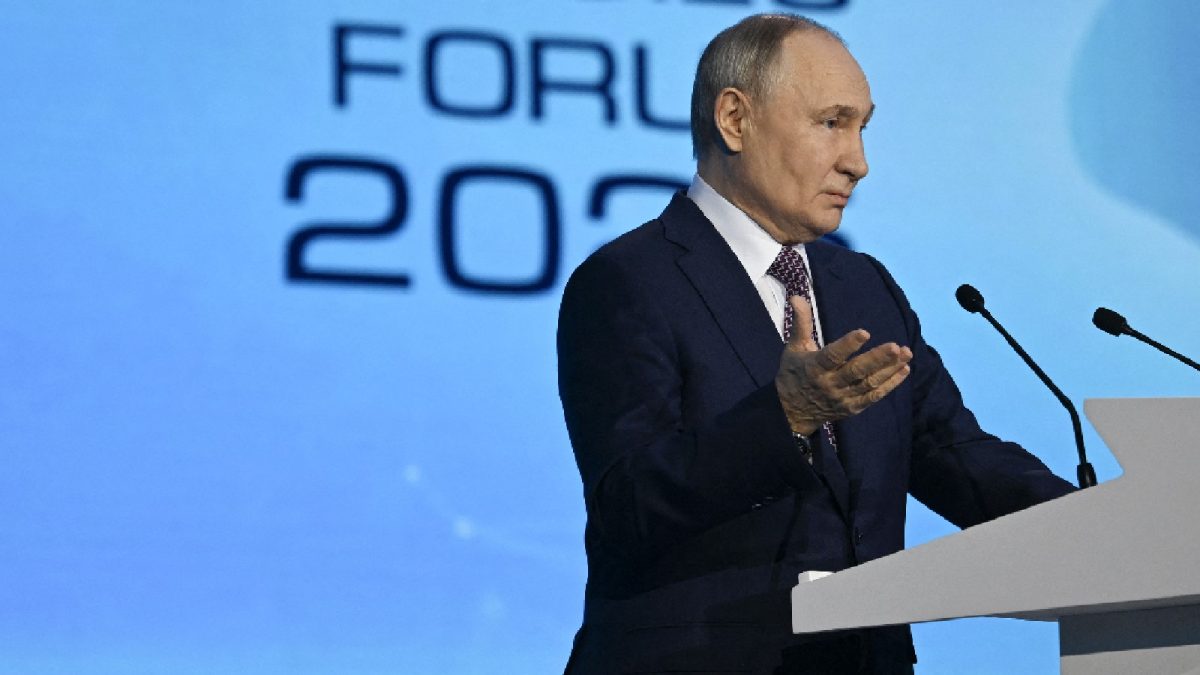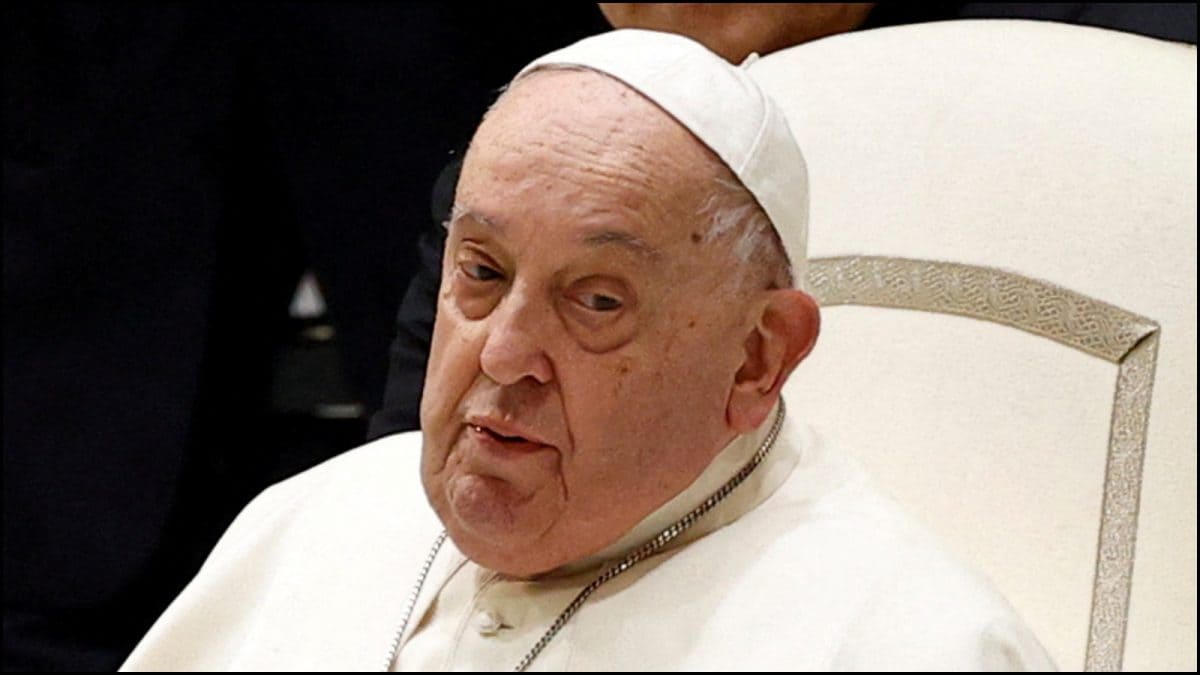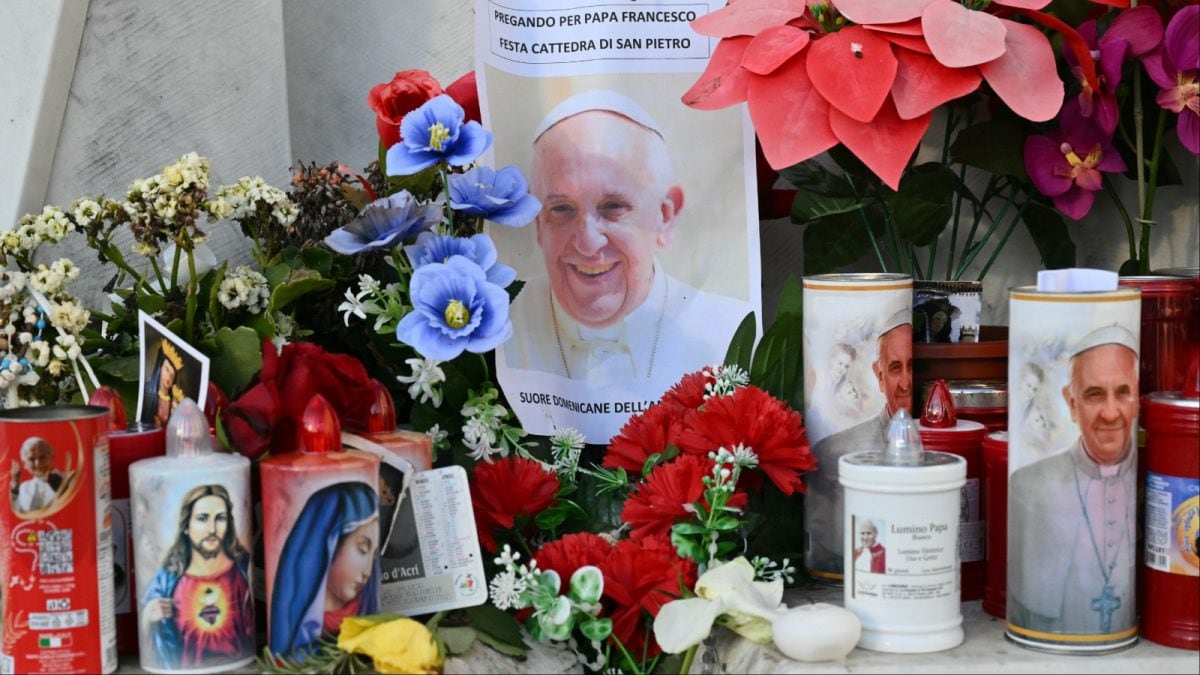2024 witnessed significant political upheaval, with elections in 80+ countries and global conflicts testing democracies, highlighting triumphs, challenges, and pivotal moments that shaped nations' political landscapes as they navigated uncertain futures.
2024 was a year of profound political and social upheaval, a year when democratic systems were tested like never before. From elections held in more than 80 countries to conflicts that reshaped the global landscape, the year saw both triumphs and challenges for nations navigating their political futures. As we enter 2025, let's reflect on the defining stories of 2024—stories of elections, government shifts, and global conflict.
The Year of the Vote
Dubbed "The Year of the Vote," 2024 marked a historic moment in global democracy. Over 80 countries held elections, with more than half of humanity casting ballots in what was a record turnout. From bustling urban centers to remote villages, democracy was tested everywhere—from the world's largest democracies to fragile states. Countries from India to the U.S., the U.K. to Pakistan, saw unprecedented voter engagement, but also struggles that highlighted the vulnerabilities in their political systems.
The Election Scene: Shifting Power and Political Drama
India: Battle for Continuity and Change
In India, the world’s largest democracy, the general election from April to June was monumental. Over 900 million eligible voters participated, reflecting the vibrancy of Indian democracy. Prime Minister Narendra Modi’s Bharatiya Janata Party (BJP) secured a third consecutive term, but fell short of its ambitious target, winning only 292 seats in the Lok Sabha, down from 303 in 2019. Opposition parties like the Samajwadi Party and Indian Congress made significant gains, and the election also marked the return of democracy to Jammu and Kashmir with the first assembly elections held in nearly a decade.
United Kingdom: Labour Rises Amid Apathy
Across the Atlantic, the United Kingdom experienced a seismic shift in power when Keir Starmer's Labour Party ousted 14 years of Conservative dominance. Starmer became the new Prime Minister, securing a parliamentary majority of 60%. Yet, voter apathy became a glaring issue, with just over half of British adults turning out to vote. The public's disenchantment with traditional political institutions raised concerns for the future of British democracy.
Bangladesh: A Government Toppled
In Bangladesh, Sheikh Hasina won a fifth term as Prime Minister in January, but the election was marred by allegations of voter suppression and violence. With just a 40% voter turnout, public dissatisfaction festered. By August, mass protests led to Hasina’s forced resignation, marking a triumph of people’s power. A Nobel laureate-led interim government stepped in to rebuild Bangladesh’s democratic institutions.
Pakistan: Victory Without Power for Imran Khan
On February 8, Pakistan held elections that saw former Prime Minister Imran Khan’s party, the Pakistan Tehreek-e-Insaf (PTI), emerge as the most voted party. However, despite his popularity, Khan was unable to return to power due to political maneuvering by a coalition of rival parties. The country faced continued instability as political factions fought for dominance amidst ongoing economic challenges.
Russia: Illusion of Democracy?
In March, Russian President Vladimir Putin secured a fifth term with 87% of the vote, but the election was widely criticized as a sham. With no meaningful opposition and the assassination of Putin critic Alexei Navalny, the election symbolized the Kremlin's continued grip on power. The international community condemned the elections held in occupied Ukrainian territories, highlighting Russia's authoritarian drift.
Mexico: A Milestone for Gender and Leadership
Mexico made history in June with Claudia Sheinbaum becoming its first female and Jewish president. Her victory was a triumph for representation, but the nation still grapples with serious issues like gang violence and migration relations with the U.S. The challenges she faces will shape her presidency and Mexico’s future.
Sri Lanka: A Leftist Revival
Sri Lanka witnessed a political reset with the election of Anura Kumara Dissanayake, leader of the Janatha Vimukthi Peramuna (JVP), on September 21. His victory marked a rejection of the old political elite, blamed for the country’s economic collapse. Dissanayake’s leftist policies promise to tackle systemic corruption and revitalize the Sri Lankan economy.
United States of America: Trump’s Unprecedented Return
Perhaps the most dramatic political showdown of the year occurred in the U.S. Presidential election. In a race fraught with tension, former President Donald Trump overcame legal challenges, including surviving an assassination attempt, to reclaim the White House. His victory over Kamala Harris marked a historic moment, making him the first president in U.S. history to win non-consecutive terms. With the Republicans also gaining control of both houses of Congress, the U.S. faces a sharp turn in its political landscape.
The Global Picture: Democracy’s Triumphs and Trials
While 2024 witnessed an upward trend in voter turnout globally, the year also exposed democracy’s deep vulnerabilities. Press freedoms were increasingly threatened in many parts of the world, and gender representation remained a glaring issue, with women holding only 27% of parliamentary seats globally. The issue of climate change, often considered an existential threat, took a backseat as immediate concerns like inflation and housing dominated electoral narratives.
Global Conflicts: The Year of Geopolitical Shifts
Beyond elections, 2024 was marked by intensified conflicts that had wide-reaching consequences. The wars in Israel and Ukraine dominated the headlines, with mounting human costs and regional instability.
The War in West Asia: A Year of Destruction
2024 began with Israel reeling from the October 7 Hamas attack, which killed over 1,200 Israelis. In response, Israel declared war on Hamas, with operations continuing throughout the year. Despite claims of significant military victories, including the elimination of Hamas leadership, the conflict escalated into a multi-front war with Hezbollah, Iran-backed forces, and even Houthi rebels targeting Israeli interests. The situation in Gaza worsened, and by December, the war showed no signs of resolution, with Gaza facing a humanitarian disaster and over 45,000 casualties.
Russia vs Ukraine: The Stalemate Continues
The Russia-Ukraine war entered its third year in 2024, with no end in sight. The year saw a shift in the dynamics of the conflict, with Ukraine’s counteroffensive regaining territories like Crimea, while Russia deepened its ties with Iran and North Korea. Tensions escalated as Ukraine launched missile strikes deep inside Russia, and Moscow responded with its nuclear doctrine changes, signaling a growing risk of escalation. With Donald Trump set to become the U.S. President again, the future of U.S. involvement and the potential for peace talks remains uncertain.
A Year of Reckoning
2024 will be remembered as a year that tested the resilience of democratic institutions worldwide. From elections that reshaped political landscapes to conflicts that redefined international relations, it was a year of defiance, resilience, and reckoning. While some nations saw democracy thrive, others faced its erosion. The challenges of the past year will continue to shape the political and social dynamics of 2025, making the future uncertain yet full of possibilities for change.
Published By:
indiatodayglobal
Published On:
Dec 31, 2024

 1 month ago
1 month ago


